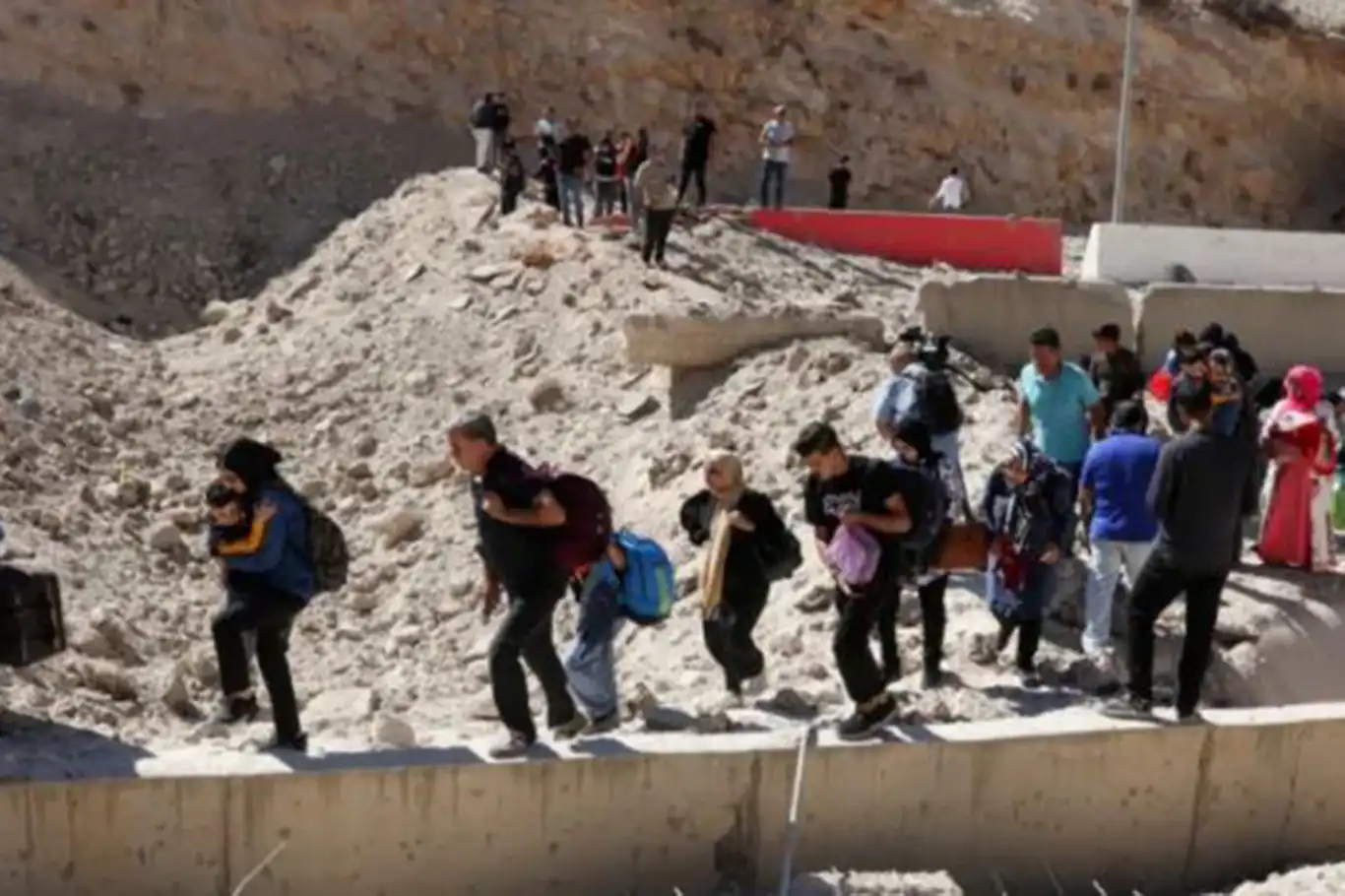Lebanon faces major displacement crisis amid intensified Israeli airstrikes


A new displacement crisis is unfolding in Lebanon as intensified Israeli airstrikes have forced hundreds of thousands to flee their homes.
Since September 23, when Israel escalated its air attacks to an unprecedented level, nearly 120,000 people were displaced within days, marking one of Lebanon’s worst humanitarian crises in decades.
In the wake of the airstrikes, many Lebanese residents have fled across the border into Syria, seeking safety from the conflict. After one month of ongoing attacks, more than 1.2 million people within Lebanon have been affected, while an additional 450,000 individuals—comprising Lebanese citizens, Syrian refugees previously residing in Lebanon, and other third-country nationals—have sought refuge in Syria.
The displacement has created severe challenges, with many of the displaced left homeless on the streets in Lebanon. Syrian refugees face significant hurdles in accessing newly established collective shelters, while Syria itself is grappling with limited capacity to absorb the influx. Many Syrians returning to their original communities are doing so in desperate conditions, joined by Lebanese families now in need of urgent assistance.
The crisis has placed considerable strain on regional resources and highlights the pressing need for increased humanitarian support to address the displacement and provide shelter, food, and medical assistance to those affected. (ILKHA)
LEGAL WARNING: All rights of the published news, photos and videos are reserved by İlke Haber Ajansı Basın Yayın San. Trade A.Ş. Under no circumstances can all or part of the news, photos and videos be used without a written contract or subscription.
A violent riot erupted in a Maputo prison on Wednesday, leading to the tragic death of 33 inmates, with 15 others sustaining injuries.
Over the past 48 hours, three Palestinian infants have tragically died from hypothermia due to low temperatures and a lack of access to warm shelter in the Gaza Strip.
The Ministry of Foreign Affairs of Afghanistan summoned the Chargé d’Affaires of the Pakistani Embassy in Kabul on Wednesday to deliver a formal protest over recent airstrikes by Pakistani forces near the Durand Line in Paktika province.
Far-right Israeli security minister Itamar Ben Gvir, accompanied by dozens of Jewish settlers, desecrated the Aqsa Mosque in Occupied Jerusalem under tight police guard on Thursday morning.